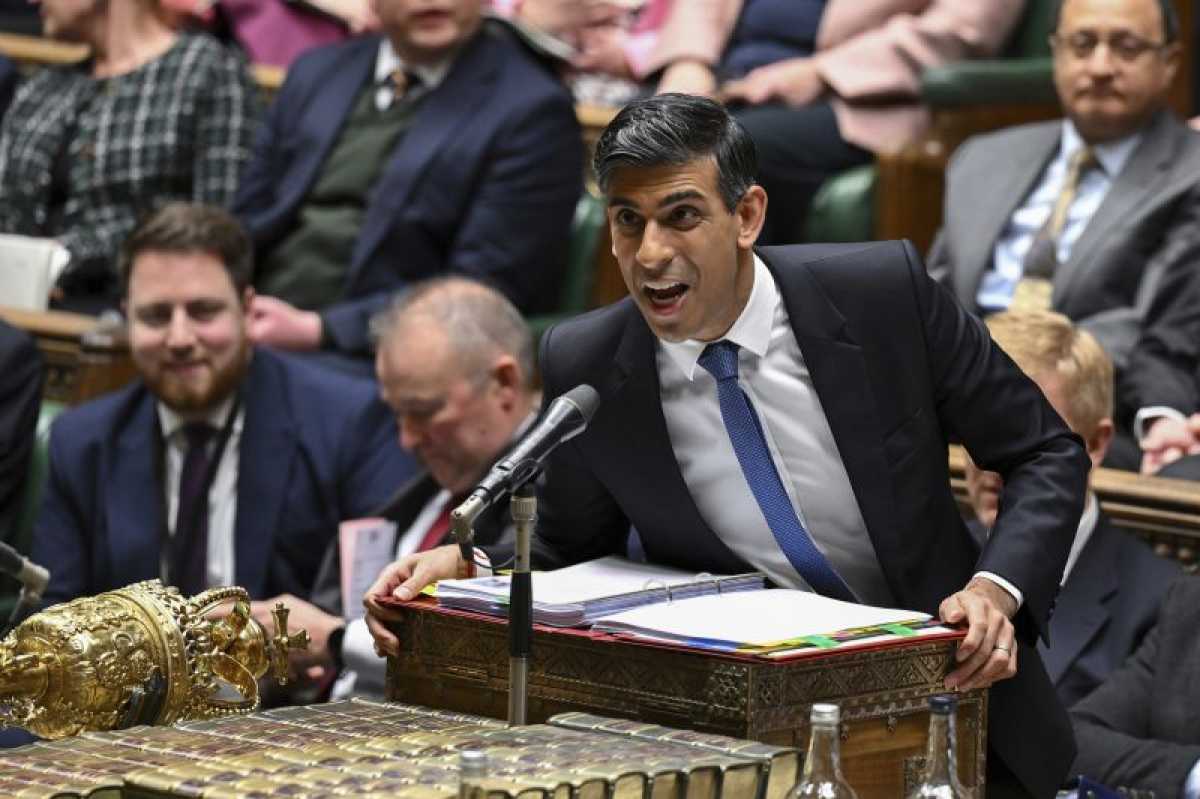Politics
British Prime Minister’s Asylum and Immigration Bill Passes Despite Rebellion

British Prime Minister Rishi Sunak has successfully pushed his asylum and immigration bill through the House of Commons, despite an anticipated rebellion by Conservative Party MPs.
Some members of Sunak’s own party had threatened to vote against the ‘Safety of Rwanda‘ deportation bill, citing concerns about the legality of sending asylum seekers to Rwanda.
Only 11 Conservative Party MPs ultimately rebelled, and the legislation passed by a 320-276 vote.
Sunak has made his anti-immigration ‘Stop the Boats’ campaign a central focus of his government’s legislative program to discourage asylum seekers from crossing the English Channel to reach the United Kingdom.
The Rwanda deportation bill has faced significant hurdles along the way. The initial bill was struck down by the Supreme Court on the grounds that Rwanda was not a safe country for asylum seekers. Sunak then introduced the Safety of Rwanda bill, which aimed to make it more difficult for the courts to challenge his legislation.
During the parliamentary debate, some hard-right Conservative MPs voiced their concerns, arguing that the bill was still not strong enough. However, Sunak secured a comfortable majority in favor of his bill after rebel MPs abstained from voting, hoping to hold Sunak accountable during the final stages.
The Rwanda legislation was first introduced by former Prime Minister Boris Johnson in April 2022. However, the first Rwanda-bound flight from Britain was halted by the European Court of Human Rights after it deemed that one of the asylum seekers was at risk of harm in Rwanda.
The bill will now move to the House of Lords for further debate and voting. Experts suggest that the House of Lords could still delay or hinder the bill’s progress.
Though Sunak has achieved a temporary victory, experts believe the divisions within the Conservative Party and his declining popularity in opinion polls may overshadow this success.
Among the rebel Conservative MPs were Robert Jenrick, who resigned as immigration minister in December, and Suella Braverman, a former UK Home Secretary.












